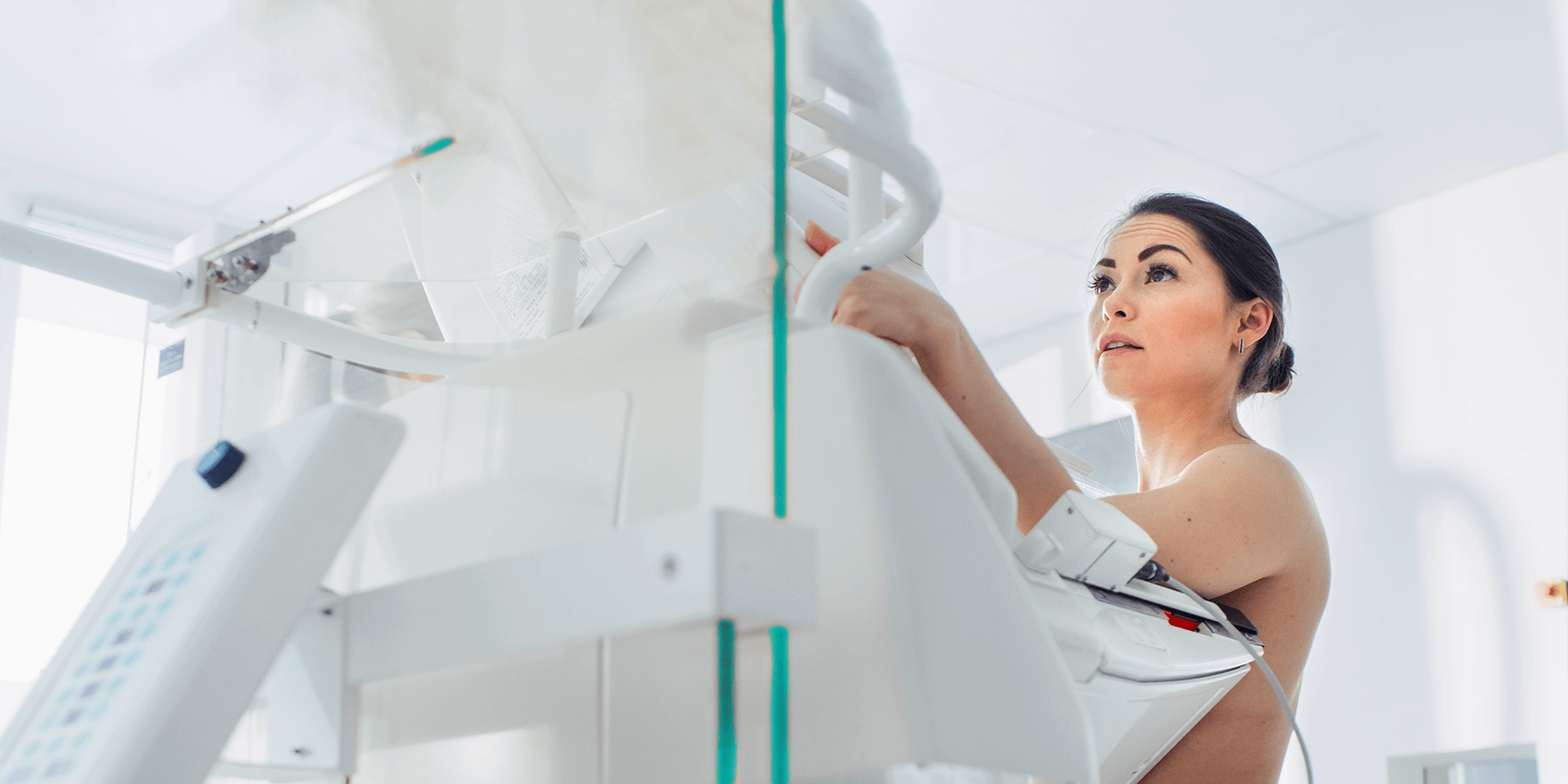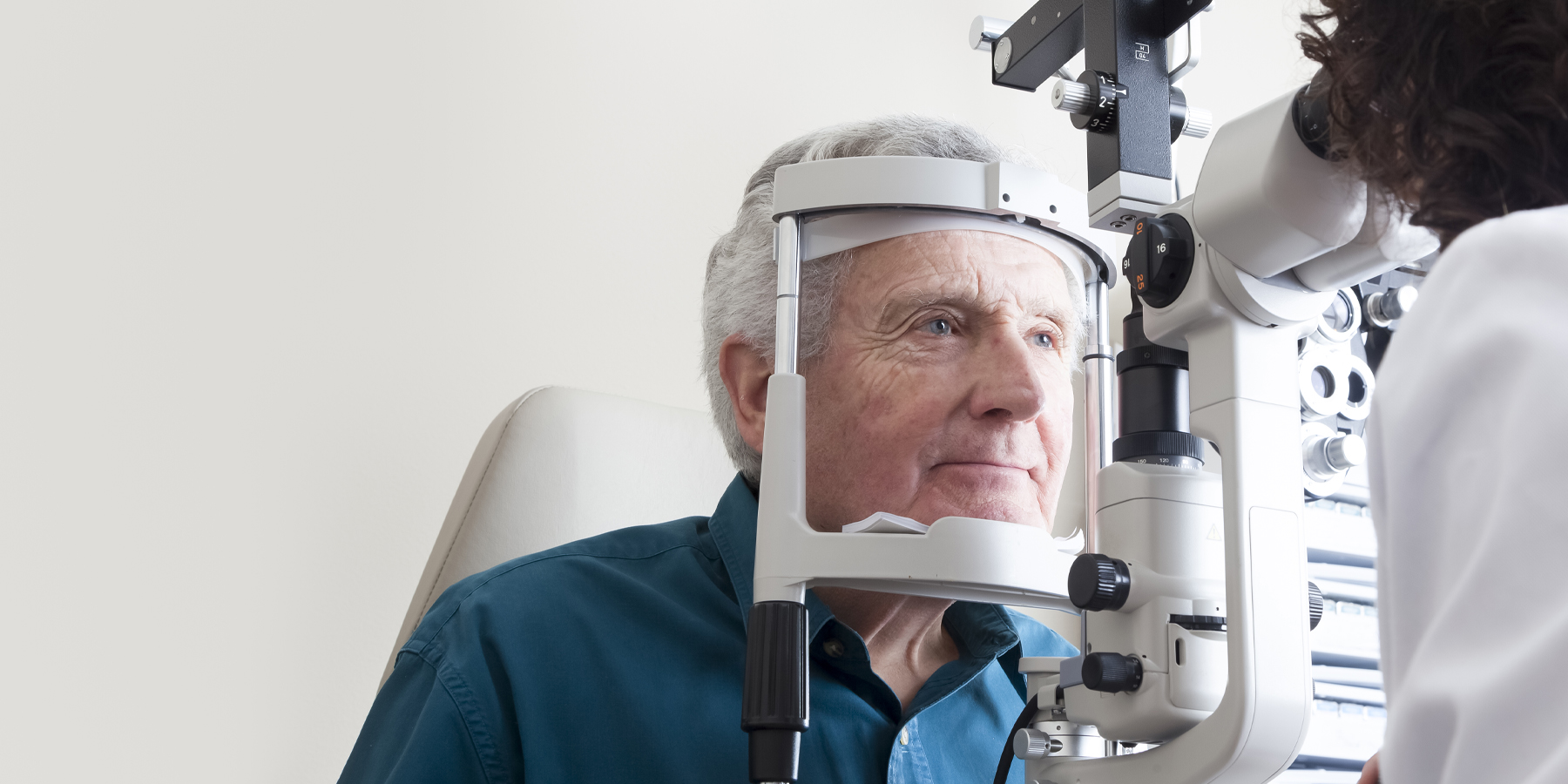Get Screened
Annual Screenings Covered by Medicare/Medicaid (CMS)
Annual Wellness Visits
Covered my most insurances annually minimally include:
- Vital Signs Check: Blood pressure, heart rate, respiratory rate, and temperature.
- Physical Examination: General assessment of overall health, including checking the heart, lungs, abdomen, and other body systems.
- Blood Tests: Commonly covered tests include:
- Complete Blood Count (CBC)
- Lipid Panel (cholesterol and triglycerides)
- Blood Glucose (for diabetes)
- Basic or Comprehensive Metabolic Panel
- Screenings for Chronic Conditions: Depending on age, sex, and risk factors, this might include screenings for:
- Diabetes
- Hypertension
- Heart Disease
- Cancer Screenings:
- Mammograms (for breast cancer, usually starting at age 40-50)
- Pap Smears and HPV Tests (for cervical cancer, starting at age 21)
- Colonoscopy or other colorectal cancer screenings (starting at age 50, or earlier if at high risk)
- Prostate Cancer Screening (PSA test, typically for men over 50)
- Immunizations: Routine vaccinations such as influenza, tetanus, diphtheria, and pertussis (Tdap), shingles, and pneumococcal vaccines.
- Screenings for Infectious Diseases:
- Hepatitis B and C
- HIV
- Sexually transmitted infections (STIs), depending on risk factors
- Bone Density Test: For osteoporosis, especially in women over 65 and men over 70, or younger if at risk.
- Mental Health Screenings: Screening for depression, anxiety, and other mental health conditions.
- Vision and Hearing Tests: Particularly for older adults.
- Body Mass Index (BMI) Assessment: Weight management and obesity screening.
- Lifestyle Counseling: Advice on diet, exercise, smoking cessation, and alcohol use.






